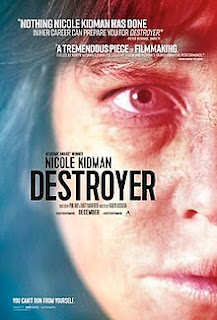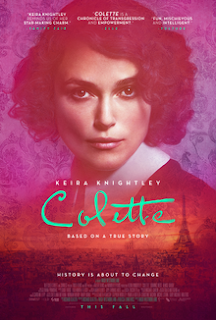"I Thought It Was More Important To Be Somebody Out There Than The Failure I Was In My Own Home..."
Whilst it is always harsh to judge a filmmaker with as much pedigree as Clint Eastwood on just one movie within a career which has spanned more than half a century, the rather strange and bewildering blandness of The 15:17 to Paris last year painted a dark blot on the back catalogue of the Hollywood legend to such an extent that the release of The Mule seems to have come around somewhat without an inch of hype or expectation. Returning to the world of acting for the first time since 2014, Eastwood balances the starring role alongside his duties as director for a movie which seems to be his The Old Man and the Gun or Phantom Thread, with Eastwood, who now at the tender age of 88, potentially finding the perfect time to call this old filmmaking malarky to a close. Based on Sam Dolnick's New York Times article, "The Sinaloa Cartel's 90-Year-Old Drug Mule", an account on the latter life of Leo Sharp, a World War II veteran who ran drugs throughout the USA on behalf of the Sinaloa Cartel, The Mule sees Eastwood as Earl Stone, a work consumed elderly horticulturist whose loss of business results in him resorting to working under the wing of Andy Garcia's (Ocean's Eleven) cartel boss, a decision which quickly burdens Stone with the reputation as the most reliable, if slightly oddball, drug mule in the business.
Featuring a screenplay from Nick Schenk, the award winning writer behind Gran Torino and The Judge, Eastwood's latest is a surprisingly low-key, thoughtful and rather traditional affair, a movie which although suffers from being rather repetitive and ridiculously predictable, benefits from a genuine sense of warmness, an element personified by seeing the aged Eastwood completely embrace and have bundles of fun with a role which without the American's gargantuan impact on the world of cinema, may not have made it onto the big screen in the first place. With the criminal element of the narrative particularly straightforward to follow from the outset, the paint-by-numbers unravelling of the plot is knowingly cliched, with the most interesting part of the movie undoubtedly the character of Stone himself, with Schenk's screenplay working best in scenes where we see Stone rebuild his local community with funds raised from his illegal pastimes and the elongated trials and tribulations faced from his family, with supporting roles from the likes of the excellent Dianne Wiest (Edward Scissorhands) adding to the overarching charmful tone which the movie exhales. Whilst bold attempts at building narrative tangents such as the inclusion of strange criminal back stabbings are indeed wholly superficial, the clearest weakness of the film is the wasted involvement of anyone connected to the law enforcement, with the likes of Bradley Cooper (A Star is Born) and Laurence Fishburne (The Matrix) not exactly being given the time or the material to offer the type of performances both are renowned for, but with a sense of technical reliability which comes with most things associated with Eastwood, The Mule won't set the world alight, but much like its' titular anti-hero, is a movie which drives from point A to B in good time without alarming anyone along the way.































